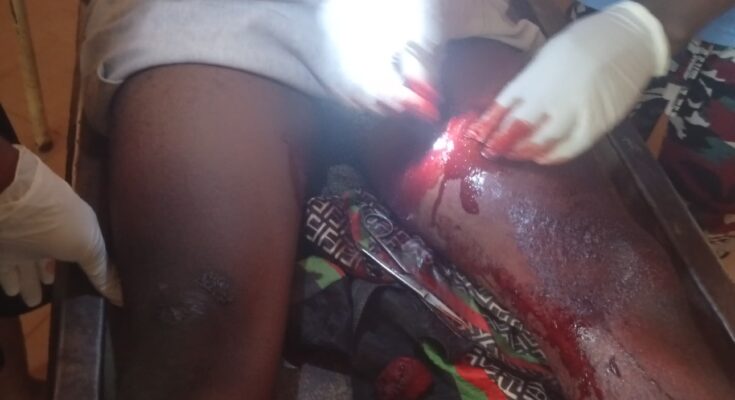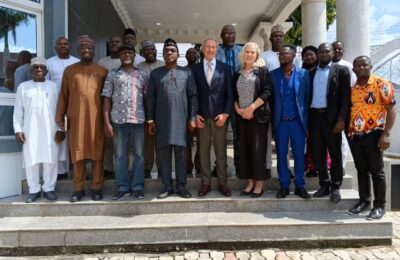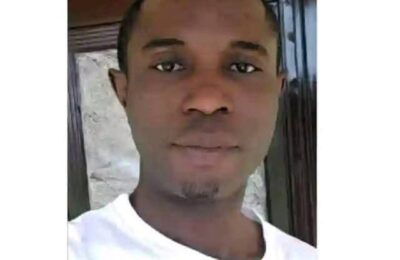RENEWED HERDER ATTACKS DEVASTATE TAKUM COMMUNITIES IN TARABA, DISPLACING HUNDREDS AND DESTROYING LIVELIHOODS
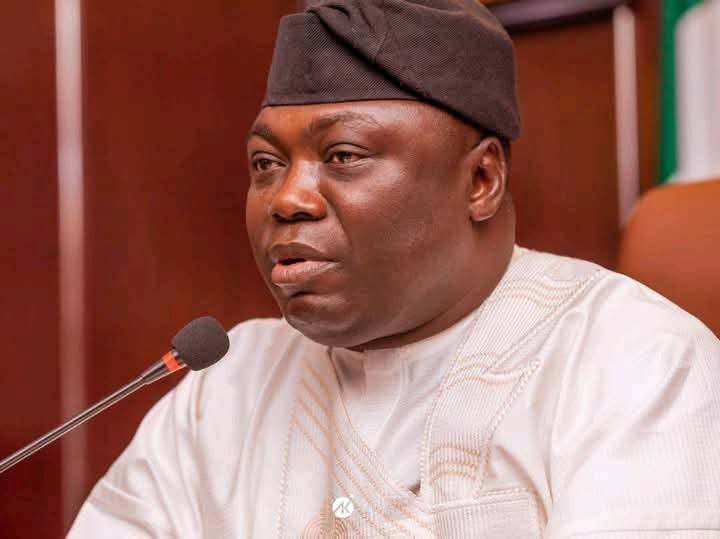
In a heart-wrenching escalation of violence that has shattered the fragile peace along Nigeria’s herder-farmer fault lines, bloodthirsty armed herders have unleashed a wave of terror on rural communities in Takum Local Government Area (LGA), Taraba State. The assaults, which began on September 19, 2025, have left hundreds of families homeless, farmlands in ruins, and an entire region teetering on the brink of a humanitarian catastrophe. As displaced residents huddle in makeshift shelters, their pleas for intervention grow more desperate by the day.
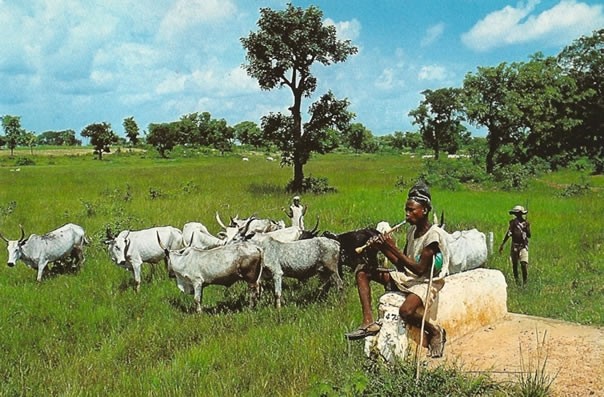
Cows grazing on people’s farm under the supervision of Fulani herder
The Very Rev. Fr. George Dogo, Parish Priest of Holy Family Catholic Parish in Takum, has issued a poignant cry for help, painting a vivid picture of unimaginable suffering. In a statement shared with journalists on Monday, Fr. Dogo described the onslaught as “profoundly dehumanizing, disturbing, and devastating,” a stark reminder of the human cost when conflict strips away dignity and hope. “Our people are suffering in silence,” he said. “Hundreds have been uprooted from their homes, their farmlands— the very source of their sustenance—reduced to ashes. We cannot stand by as this crisis deepens.”
The violence erupted in the wake of an attack on security personnel in Aye Twar, Katsina-Ala LGA of neighboring Benue State, quickly spilling over into Takum’s border communities. Armed assailants descended on villages and fields, torching crops and forcing terrified villagers into flight. Among the hardest-hit are Dogon Gawa, Tor Gbengee, Jenuwa Nyifiye, Jenuwa Haba, Jenuwa Gida, Jenuwa Ruwa, Jenuwa Nytsu, Kwari, and Ribasi, where vast swathes of farmland—vital for feeding families through the lean seasons—lie smouldering.
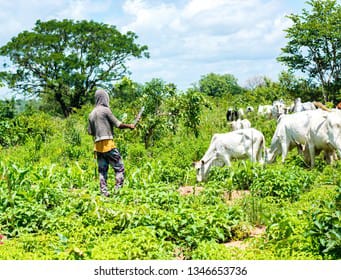
Farm destruction continues by Fulani herders
Eyewitness accounts detail scenes of chaos and heartbreak. In Asuku and Mbakyula villages, two residents suffered severe injuries while defending their homes, and approximately 150 people were driven from their ancestral lands. Another 200 fled Imbor, Mbaaga, Chirakera, Hoyoo, Mbayatsav, Genda, and Ikyor after watching their harvests go up in flames. The exodus continued in Tir-Lijam, Akaajo, Abunde, Akase, Ikyo-Dam, and Iortev, displacing some 560 souls who now wander in search of safety. In Ikper, Kur-Hindi, Wombo, Kwaghcia, and Angaha, an additional 400 individuals were forced to abandon everything as fires consumed their fields.
The marauders did not spare Muji I and Muji II, Kwariben, Nzuwaya, and Tusun Haake, where acres of crops were systematically destroyed. In Tarhembe and Tornyi, the devastation was total. Every farm incinerated, one resident left in critical condition and fighting for life at Takum General Hospital, and 402 more families scattered to the winds.
Fr. Dogo’s statement underscores the scale of the tragedy, listing these and other recently targeted villages as evidence of a coordinated campaign that threatens the social fabric of Takum. Amid the rubble, whispers of deeper motives emerge—allegations that the attacks are not mere resource clashes but a deliberate ploy to sabotage the ongoing voter registration exercise in Kuteb and Tiv communities. Some fear this echoes tactics used in Wukari LGA, the governor’s hometown, where displaced Tiv families have yet to reclaim their lands, reportedly parceled out to influential figures with alleged complicity from local authorities. Whether this violence is an extension of that scheme remains unproven, but the timing raises chilling questions about ethnic tensions being weaponized for political gain.
As the sun sets on empty villages, the displaced—many elderly, women, and children among them—face hunger, disease, and the trauma of loss. Their stories are not just statistics; they are the cries of a people whose dreams of a peaceful harvest have been stolen. This is a call to conscience: Nigeria’s federal government must launch an immediate, impartial investigation to unmask and prosecute those orchestrating these barbaric acts. Justice, not impunity, is the only antidote to cycles of vengeance.
Humanitarian organizations, from the Red Cross to international aid agencies, must mobilize without delay to deliver succor—food, medical care, shelter, and psychosocial support—to those who have lost everything. Every hour of inaction compounds their agony.
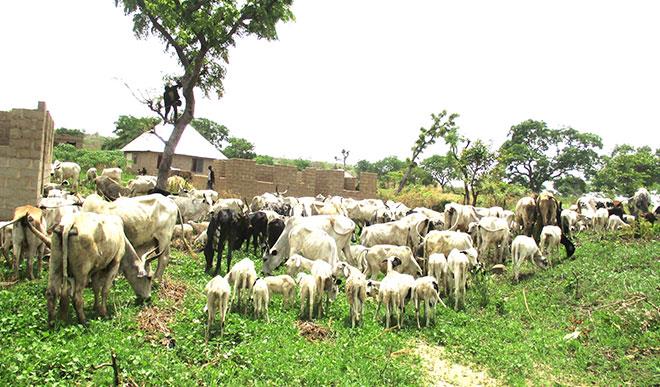
The cows have a free day on people’s farm
To the Taraba State Government, particularly the Ministry of Social Justice and Reintegration, the imperative is clear: Establish urgent modalities for reintegration, ensuring safe passage home for the displaced once security is restored. In the interim, set up well-resourced internally displaced persons (IDP) camps equipped with essentials, education for children, and trauma counseling. Governor Agbu Kefas, a son of these soils, has the moral and constitutional duty to lead this response, fostering dialogue that heals rather than divides.
In the words of Fr. Dogo: “We appeal to the government, security agencies, and all who can help to act swiftly—before the wounds fester into irreversible scars.” For the people of Takum, peace is not a luxury; it is survival. Let their voices echo until they are heard.

